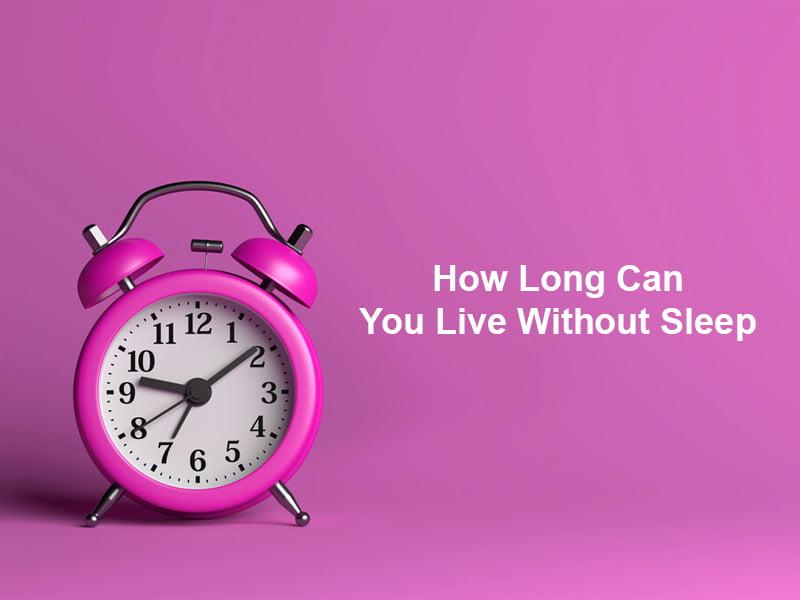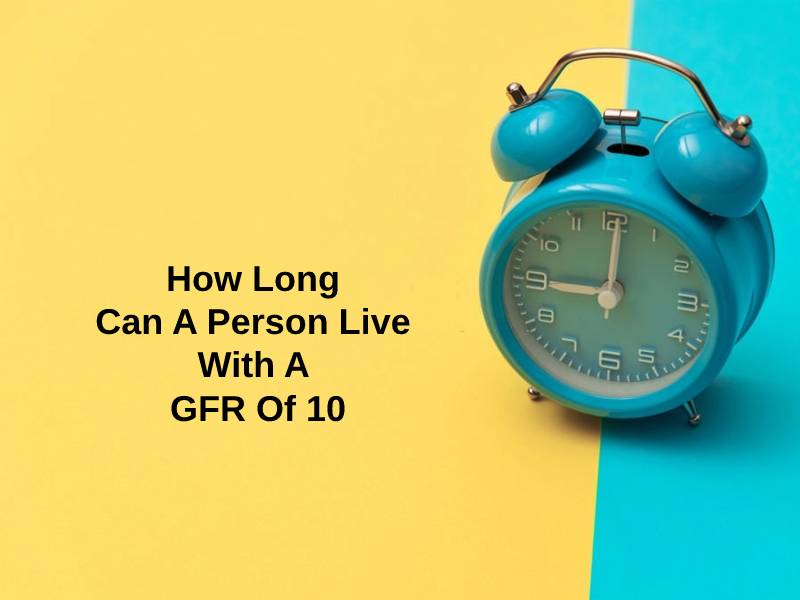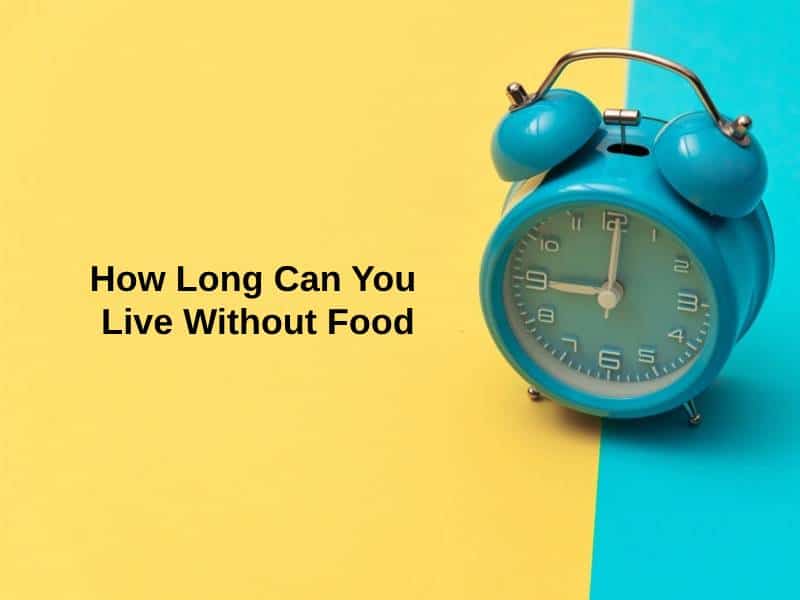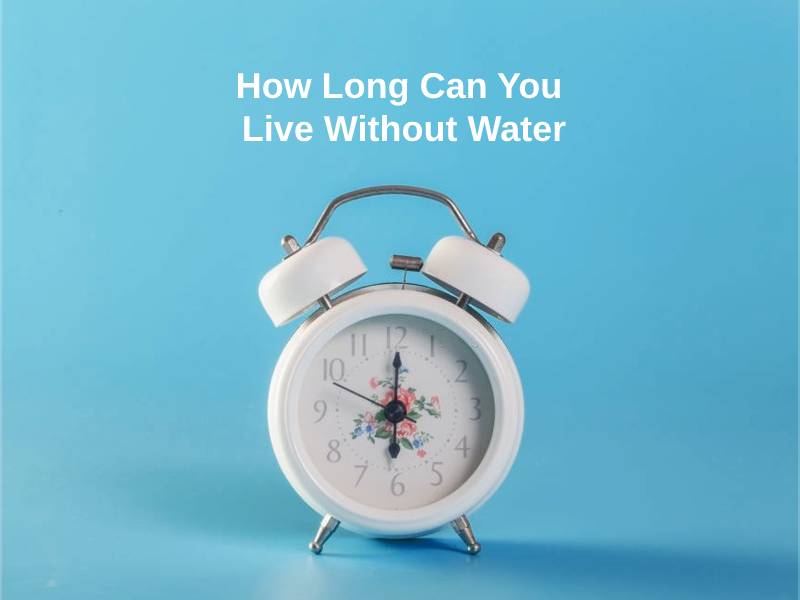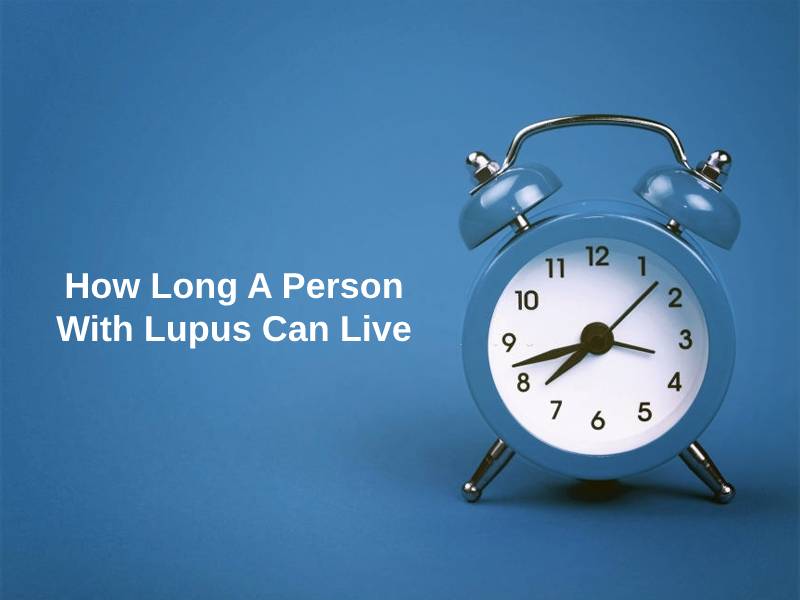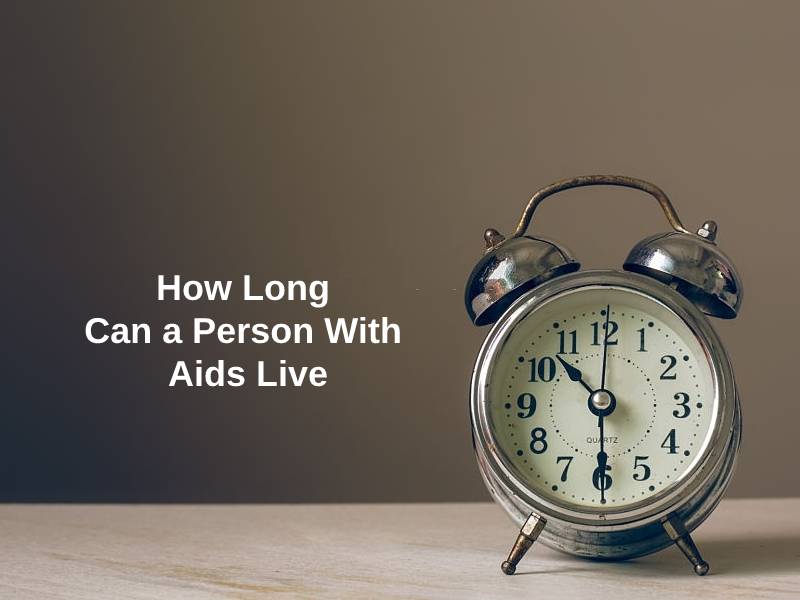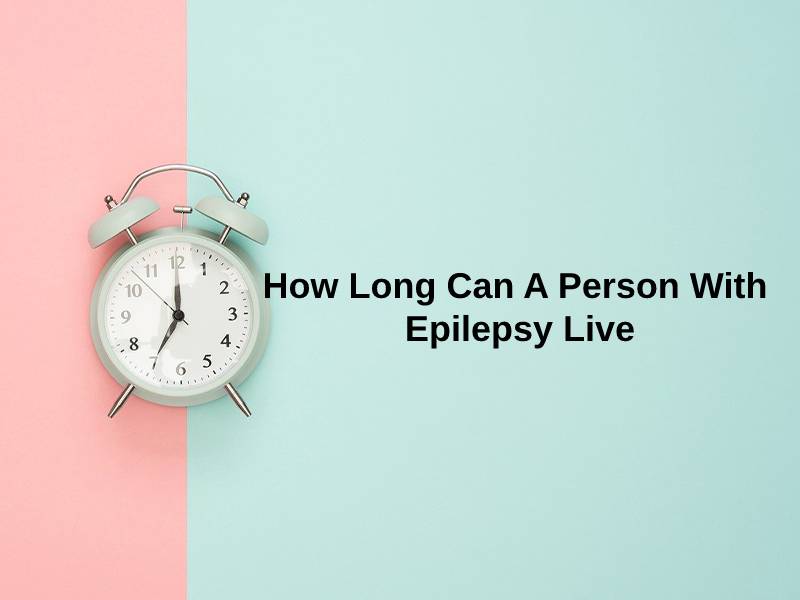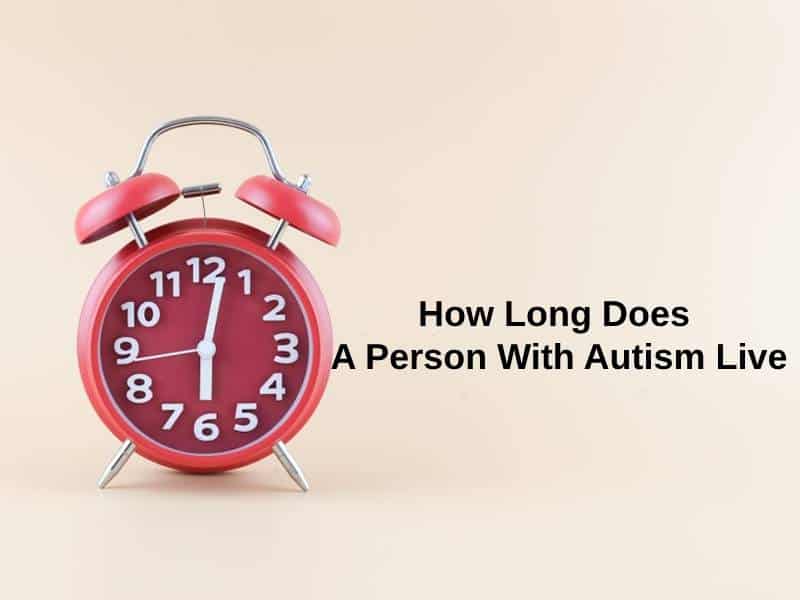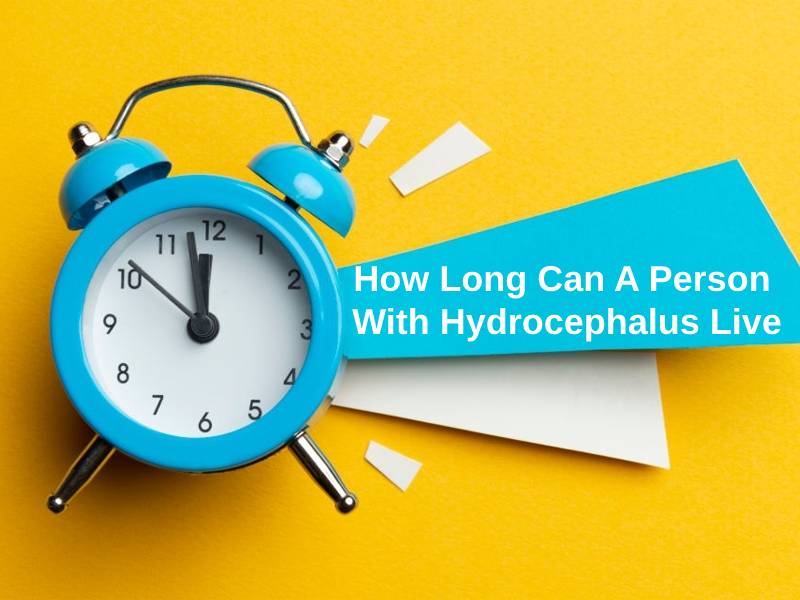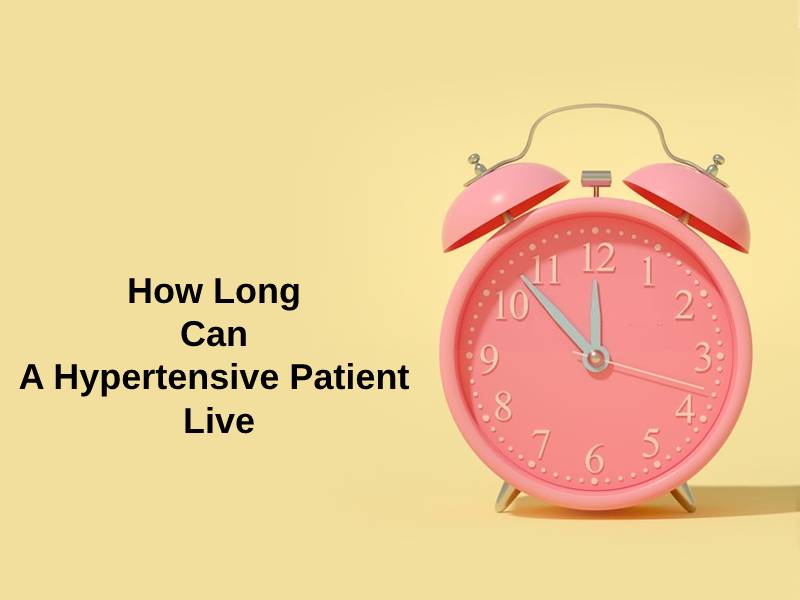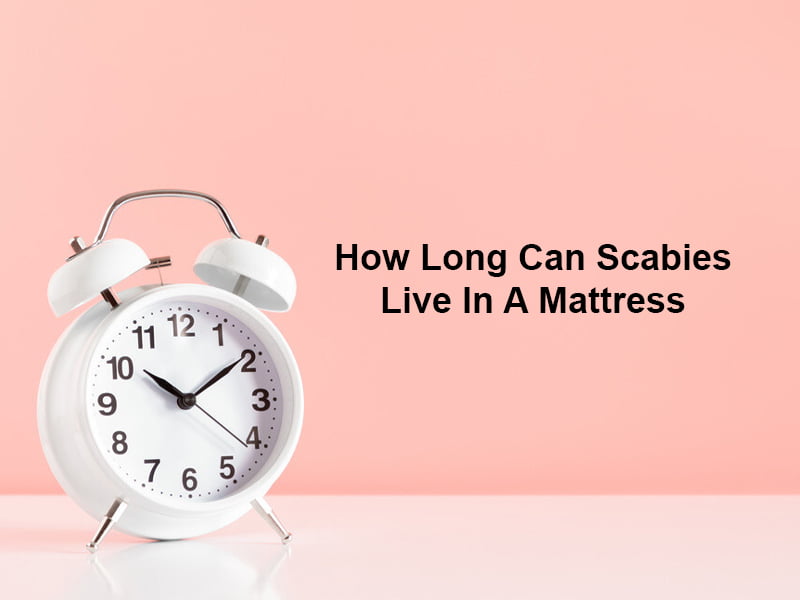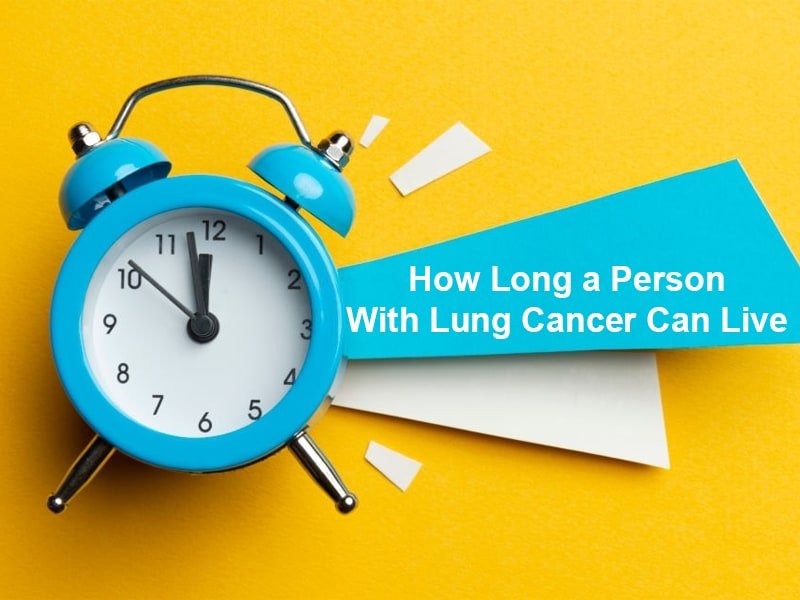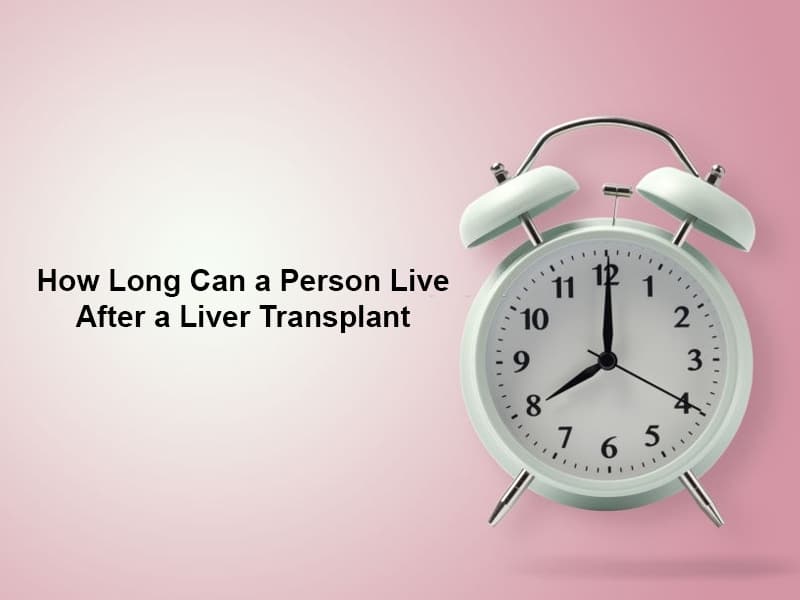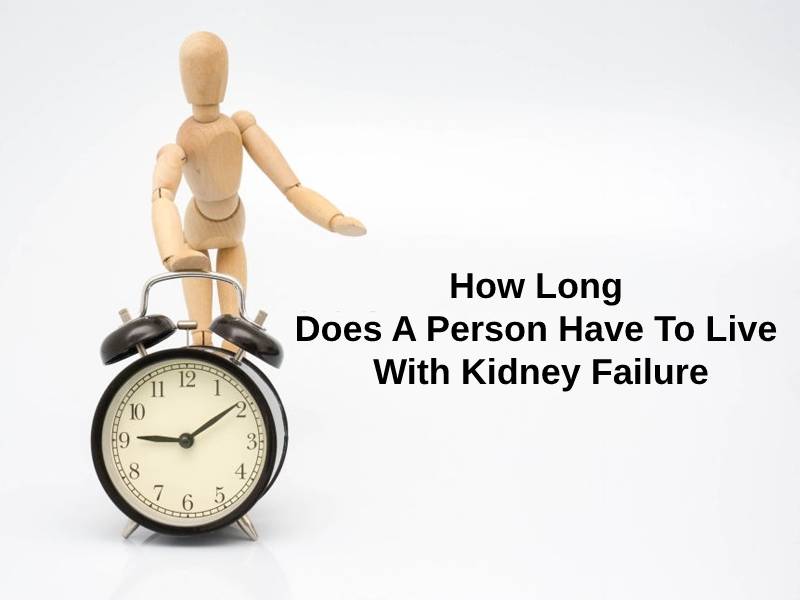Exact Answer: The Rest Of Your Life
Coronary Artery Disease, which is more commonly known as Blocked artery, is a heart condition that a person might have for a long time but discovers gradually. Patients get to know that their artery is blocked mainly after they have suffered heart attacks.
The symptoms can be visible long before being diagnosed with blocked arteries. The symptoms include chest pain or numbness and tightness in the chest. There is no cure for blocked arteries. However, a person still stays alive if they have good treatment and aftercare.
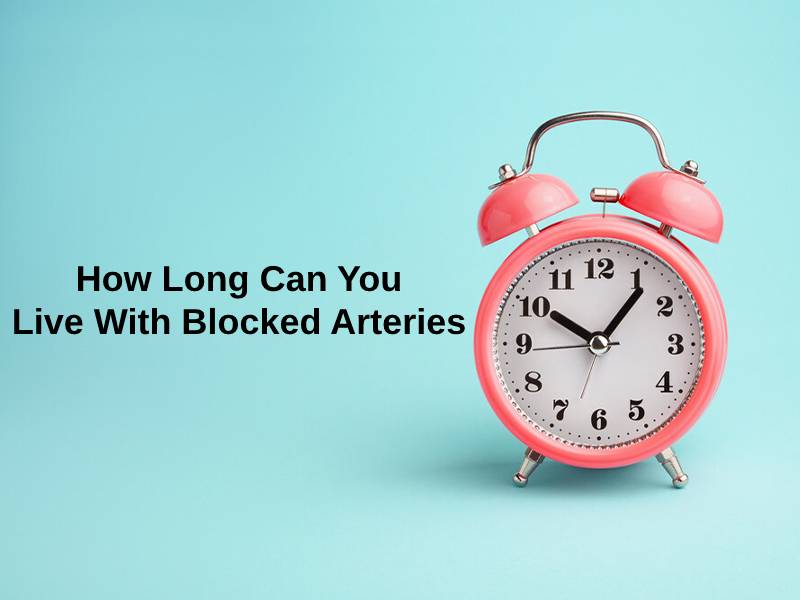
How Long Can You Live With Blocked Arteries?
Once a person is diagnosed with Coronary Artery Disease, there is no going back. The symptoms and the pain can be brought under control if proper treatment is administered.
However, the person can live a long life even after being diagnosed. It is all about accepting it and making better health choices. There are surgeries and treatments available for blocked arteries, but it is more important for the patient to take utmost care of their health after the surgery.
A patient can choose a medical procedure from a long list like a bypass surgery including beating heart or arrested heart surgery. They can also opt for minimally invasive treatments like Coronary balloon angioplasty, stenting, or Minimally invasive cardiac surgery – coronary artery bypass grafting.
When a person is operated on for a blocked artery, a healthy blood vessel is taken from the leg or arm, or chest. This healthy blood vessel is then grafted just a little past the affected artery. It is grafted in such a way that there is a new passage for the blood to flow now.
The surgery can help a person live a full life only if they avoid past health mistakes like smoking or eating high cholesterol food that is the major reason behind the artery being blocked.
The lifespan can also increase if a person follows a proper and nutrition-rich diet that will help the inserted artery to be in a good shape.
| Living Conditions (Along with surgery) | Life Expectancy After Surgery |
| Healthy diet and exercising | 15 to 20 years |
| WIthout healthy diet | 10 to 15 years |
Why Can You Live With Blocked Artery For So Long?
Once a person’s arteries get blocked, it is impossible to stay alive for long without getting surgery done. Even though there are risks involved in getting the surgery done. The mortality rate after bypass surgery is around 3% to 4%.
Getting the surgery helps in improving the lifespan of a person by many years. There are a few reasons why the life span of a person increases, and the reasons are as follows:
- After the surgery, there is a new passage for the blood to flow in and out of the heart. The easy flow makes it convenient for the heart to function properly, and thus help the person to stay alive for a long time.
- If a person maintains a proper diet, they can avoid the risk factor of the blockage happening in the newly inserted artery. If the artery does not get congested with cholesterol, chances are the person will live longer as compared to when they follow an unhealthy diet even after the bypass surgery.
- When a person can do some light exercises post recovering from the surgery, it will further help the person to have an extended life span after the surgery for Coronary Artery Disease.
- Even maintaining a healthy mental balance can help a person to have a full and healthy life post bypass surgery.
- The life span can only decrease if there is some complication during the surgery.
Conclusion
Since there is so much advancement in the field of science and technology, something as complicated as blocked arteries can be treated making the patient live longer. However, post-surgery care is even more necessary.
If the surgery is complete, it takes a few weeks to recover. After the recovery, it is beneficial for the patient to follow the doctor’s instructions and take care of the new implantation of the artery.
Considering all aspects, a person can live anywhere between 15 to 20 years longer after being operated on for a blocked artery. That is compared to not getting operated on at all, and also, without medication.


